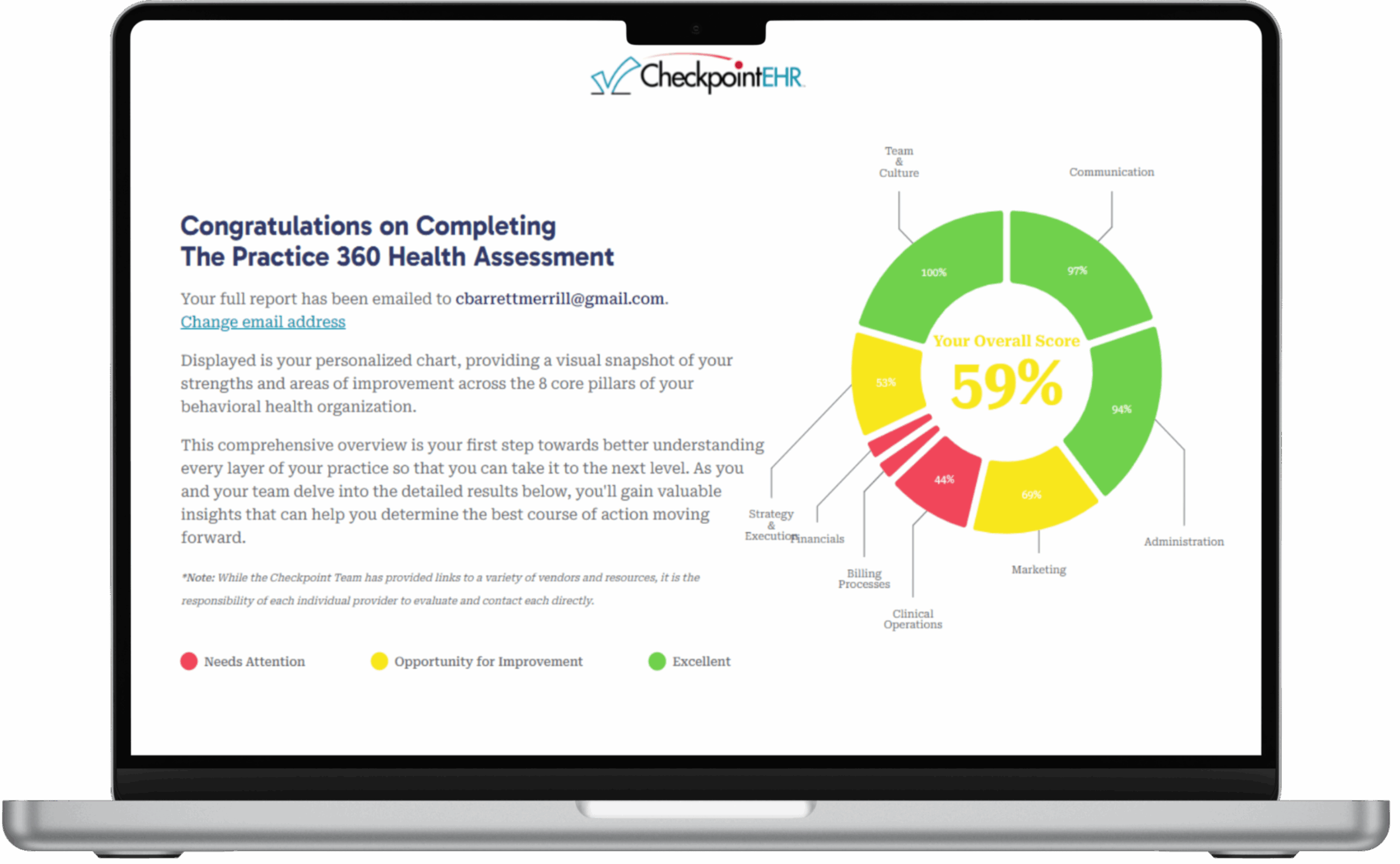3 Healthcare Trends to Watch in 2018

The healthcare industry is in a constant state of flux. Ever-changing regulations, procedures and commercial demands make it difficult for healthcare providers to stay up to speed. Here are three healthcare trends that providers should keep an eye on in 2018.
1. Cost of Care Reductions
Medical insurance providers are pushing hard to reduce treatment expenses. One of the likely target areas in 2018 will be increased pressure on healthcare providers to avoid administering unnecessary tests and treatments. The evidence to date is that insurance providers are particularly keen to see a reduction in the number of imaging tests, such as MRI and CT scans.
Insurance providers are particularly concerned about scans performed routinely during emergency medical treatment. They are likely to put more rigid criteria in place before agreeing to pay for scans. These may include the need for a diagnostic referral before patients are sent for scans.
PricewaterhouseCoopers predicts an increase in costs of 6.5 percent for 2018, which will provide added impetus to payers to pressure healthcare providers to keep a tighter rein on rising costs.1
2. Growing Geriatric Population
The changing patient demographic is likely to have an increasing effect on how healthcare is administered and paid for. In 2010, 20 percent of the country’s population were 60 years old or older, and that age group is expected to grow to 25-29 percent of the population by 2050.2
This expanding demographic is placing an increasing burden on the provision of geriatric care. It is also changing the profile of the conditions, illnesses and diseases that are prominent in health care.
An aging population results in an increase in the number of people with one or more chronic conditions. The need for ongoing treatment for conditions like dementia, diabetes, heart disease and arthritis is going to increase the costs of providing healthcare. This will bring even more focus on finding ways to reduce the costs of healthcare delivery.
3. Expansion of Telemedicine
Telemedicine is likely to become an increasingly popular way to reduce costs and demand on hospital resources. Using technology for remote consultation will enable healthcare providers to manage an expanded patient base. Routine consultations for services such as prescription renewal or recovery monitoring can easily be managed using telemedicine.
Many of the developments in telemedicine were inspired by the need to deliver healthcare to people in remote locations or those with mobility problems. It is now rapidly becoming a mainstay of standard medical care.
Expect to see a substantial increase in the use of telemedicine to free up hospital beds by enabling patients to return home earlier, with their recovery monitored remotely. This development should reduce the costs of treatment for many conditions and is likely to be actively promoted by payers.
One of the obstacles to an increase in the use of telemedicine has been the reluctance of insurers to embrace the technology. This has not been due to insurers doubting the usefulness of telemedicine. Instead, difficulties have arisen over determining criteria for telemedicine and creating a payment structure associated with it.
That reluctance is beginning to change, and insurers are now beginning to accept claims for telemedicine treatments. In a dramatic shift in late 2015, Blue Cross and Blue Shield of Alabama changed their policy of refusing to pay for telemedicine. This policy change came when the company recognized that treatment for certain conditions was just as effective when offered remotely as it would have been if offered in person.3 Others have followed suit, clearing the way for increased used of this technology.

